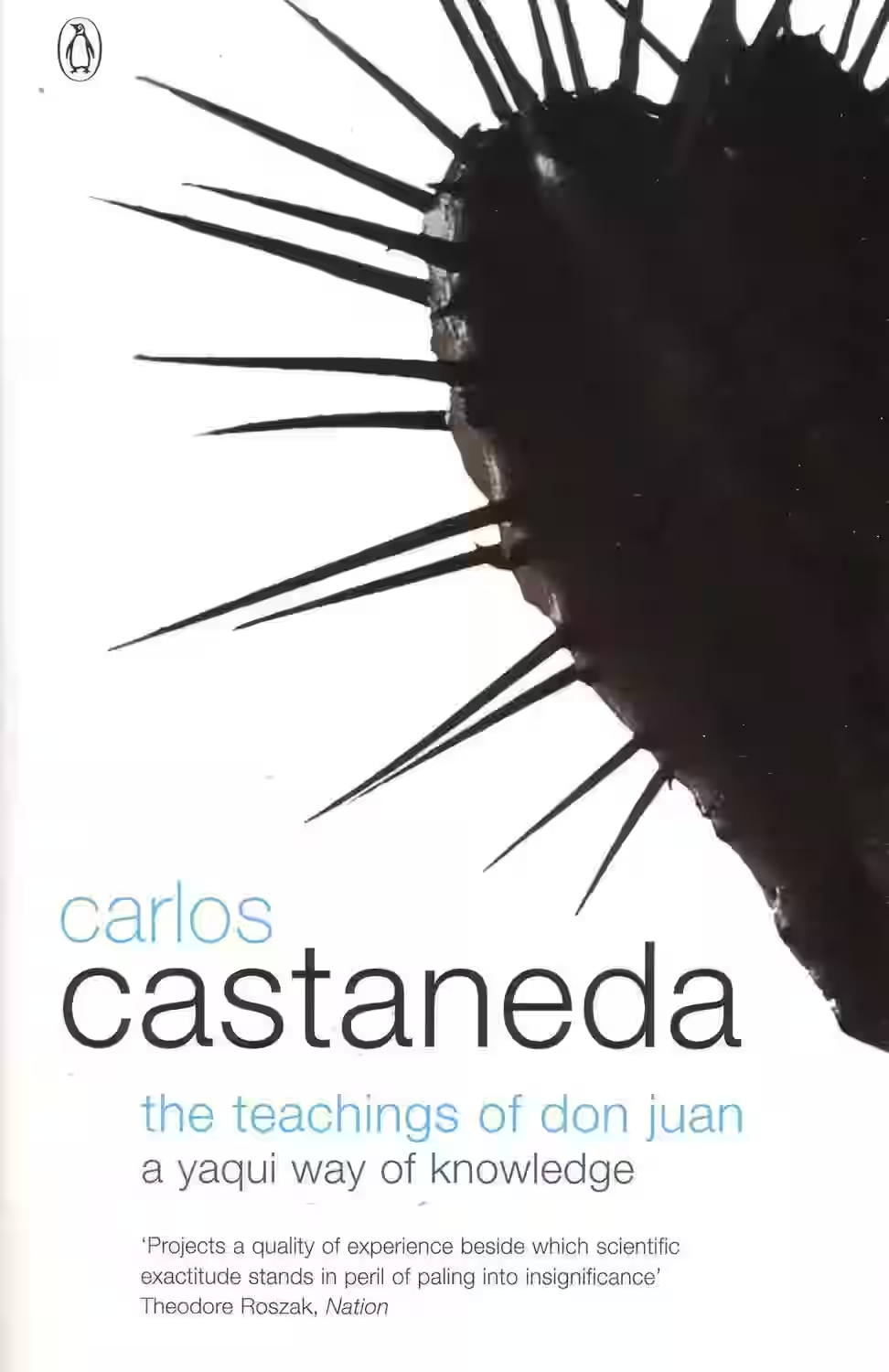
In 'The Teachings of Don Juan: A Yaqui Way of Knowledge' by Carlos Castaneda, the author recounts his apprenticeship with a Yaqui Indian sorcerer named Don Juan. The book delves into the exploration of shamanism, altered states of consciousness, and the quest for spiritual enlightenment. Through vivid storytelling and profound encounters, Castaneda navigates the realms of perception, reality, and self-discovery. The teachings imparted by Don Juan challenge conventional beliefs and offer a unique perspective on existence and the mysteries of the universe. This groundbreaking work blurs the line between anthropology and metaphysics, leaving readers questioning the nature of reality and the boundaries of human potential.
About Carlos Castaneda
Carlos Castaneda (1925-1998) was a Peruvian-born American author and anthropologist known for his controversial and influential books on shamanism and traditional Mesoamerican spiritual practices. Castaneda's most famous work, 'The Teachings of Don Juan: A Yaqui Way of Knowledge' (1968), introduced readers to his experiences with the Yaqui Indian sorcerer Don Juan Matus, blending ethnography, mysticism, and personal narrative. Despite skepticism about the authenticity of his accounts, Castaneda's works had a profound impact on the Western understanding of indigenous spirituality and consciousness exploration. He continued to write several sequels delving into his apprenticeship and experiences with Don Juan, captivating readers with his unique blend of academic inquiry and metaphysical exploration.
Similar Books
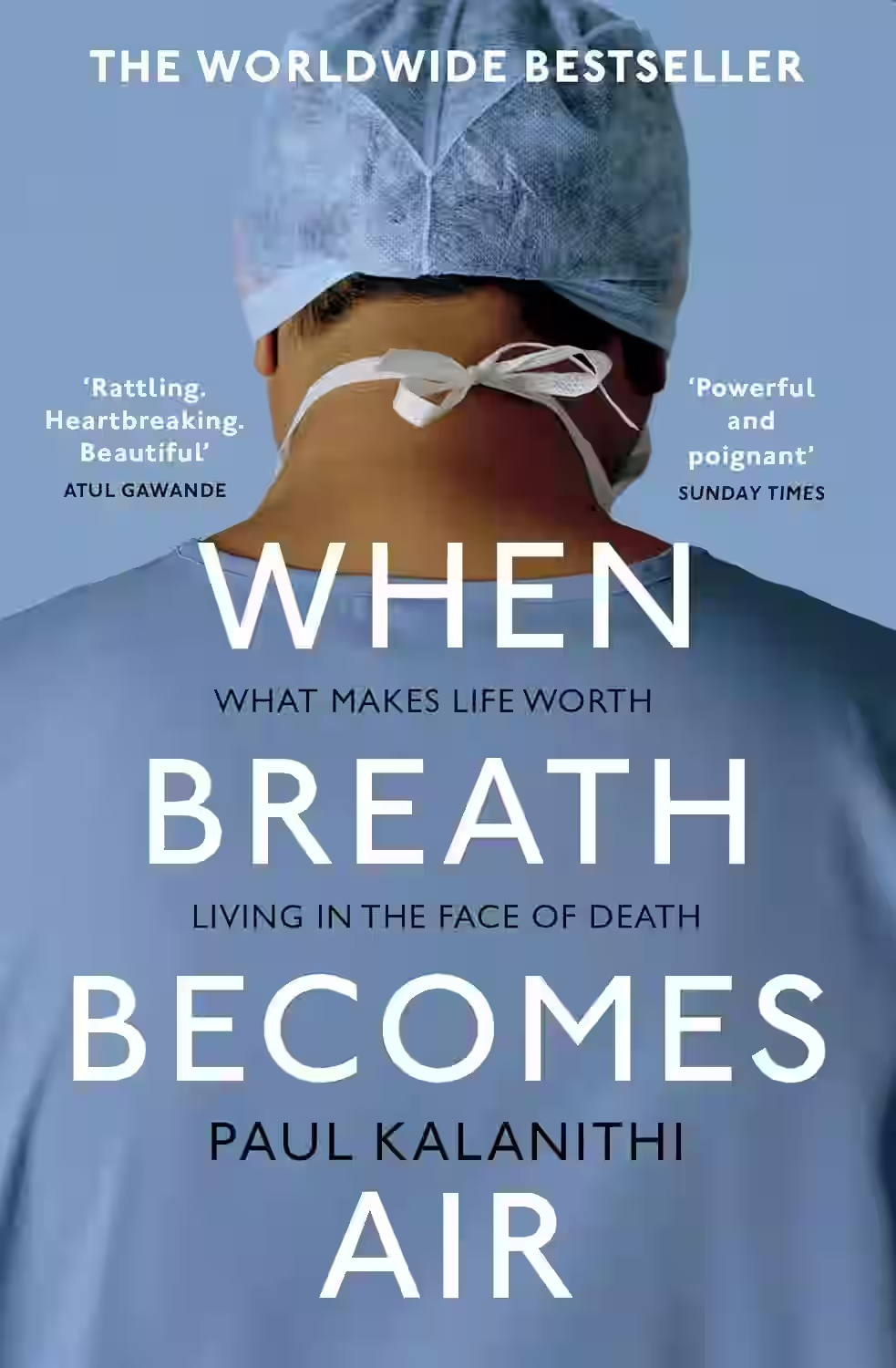
When Breath Becomes Air
Paul Kalanithi's 'When Breath Becomes Air' is a moving memoir that delves into the author's profound journey from being a talented neurosurgeon to a terminal cancer patient. In this introspective work, Kalanithi reflects on life, mortality, and the pursuit of meaning in the face of inevitable death. Through eloquent prose, he navigates complex themes of identity, purpose, and the fragility of existence. The book offers a poignant exploration of how Kalanithi finds hope and purpose amidst his terminal diagnosis, challenging readers to contemplate their own values and priorities. 'When Breath Becomes Air' is a deeply touching and thought-provoking read that lingers in the mind long after the final page.
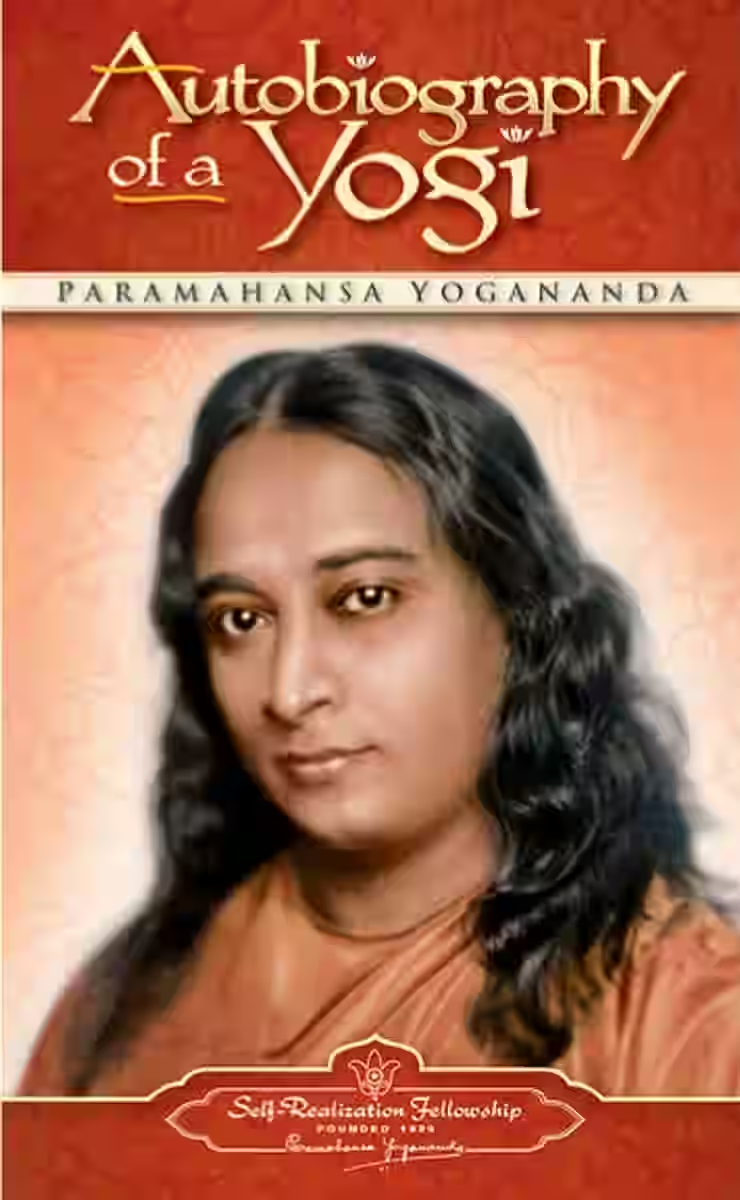
Autobiography of a Yogi
This spiritual classic chronicles Yogananda’s journey from childhood in India to his role in introducing millions to yoga and meditation in the West. Through encounters with saints and mystics, he shares insights into self-realization, spiritual practice, and the unity of all religions. Blending autobiography with metaphysical teachings, the book explores miracles, divine love, and the hidden potential within every person. Revered by figures like Steve Jobs, it has become a cornerstone of modern spiritual literature. Its message encourages readers to seek inner peace and truth beyond materialism, through meditation and direct experience of the divine.
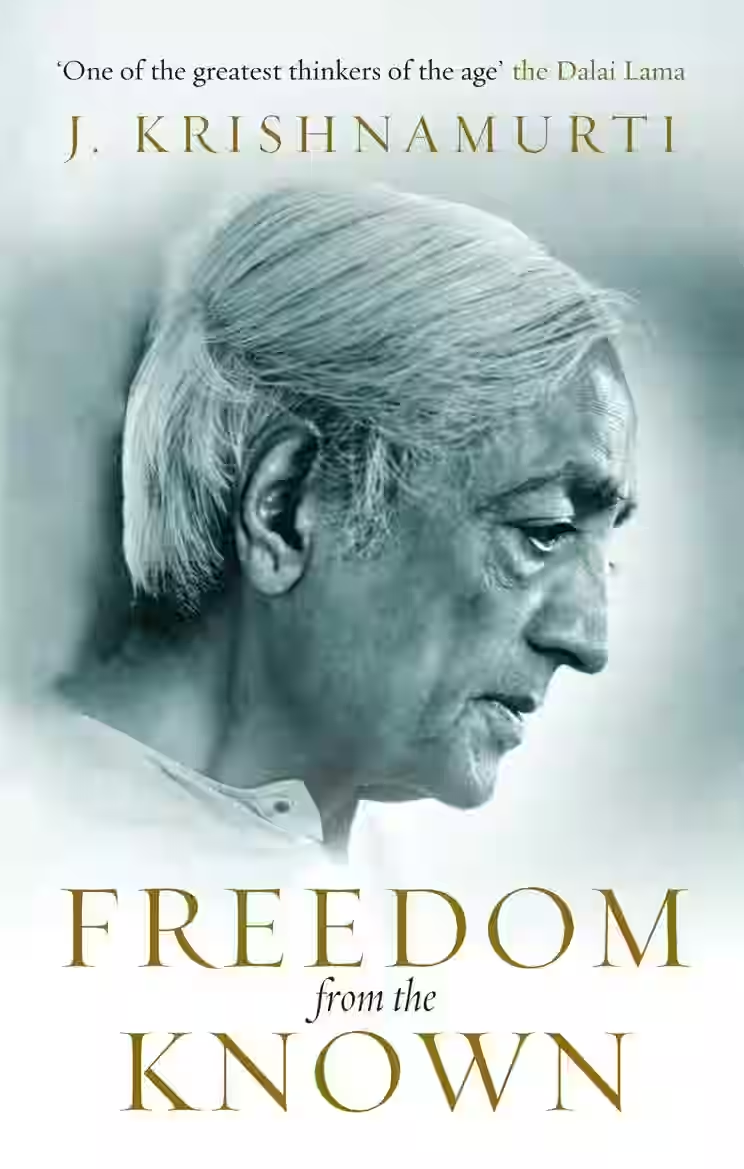
Freedom from the Known
In 'Freedom from the Known,' J. Krishnamurti delves into the deep-rooted human desire for security and certainty, challenging readers to question established beliefs and ideologies to discover true freedom and inner peace. Through profound insights and philosophical reflections, Krishnamurti encourages introspection and self-inquiry as pathways to liberation from psychological conditioning and societal constraints. His emphasis on living in the present moment and embracing change fosters a profound shift in consciousness, offering a fresh perspective on relationships, spirituality, and personal growth. This timeless work serves as a guide for individuals seeking self-realization and a deeper understanding of the complexities of the human mind.
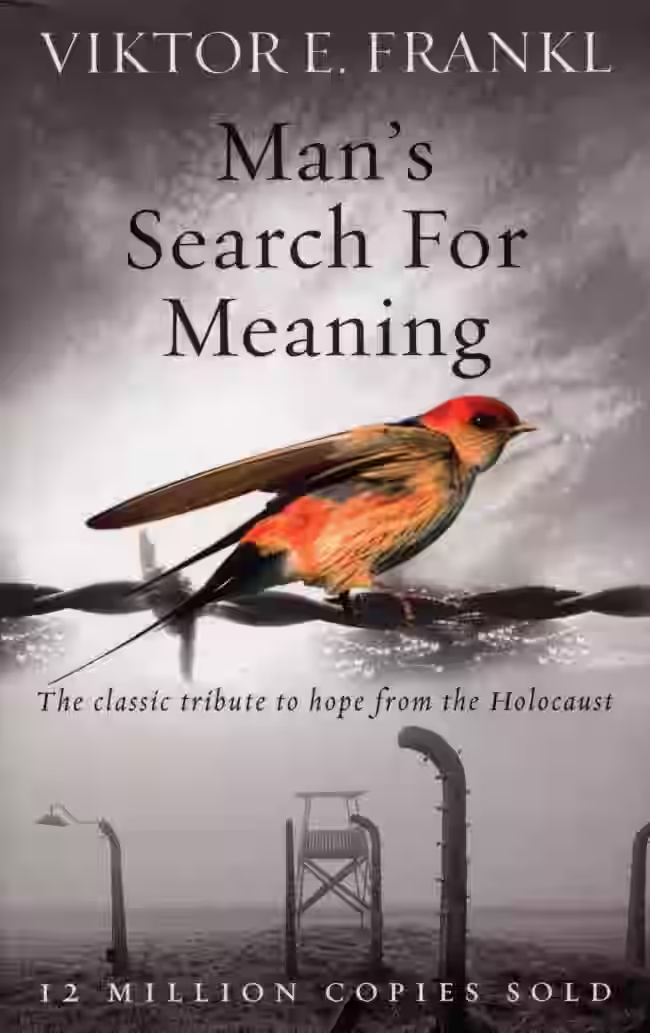
Man’s Search for Meaning
In this profound memoir and psychological exploration, Holocaust survivor Viktor Frankl shares his harrowing experiences in Nazi concentration camps and the insights he gained. Central to the book is Frankl’s belief that even in the most inhumane conditions, individuals can endure by finding meaning in their suffering. He introduces logotherapy, his psychotherapeutic method focused on the pursuit of meaning as a primary human drive. Frankl’s reflections blend personal resilience with deep philosophical and spiritual questions, making the book a timeless meditation on hope, purpose, and the human capacity to transcend hardship in search of something greater.